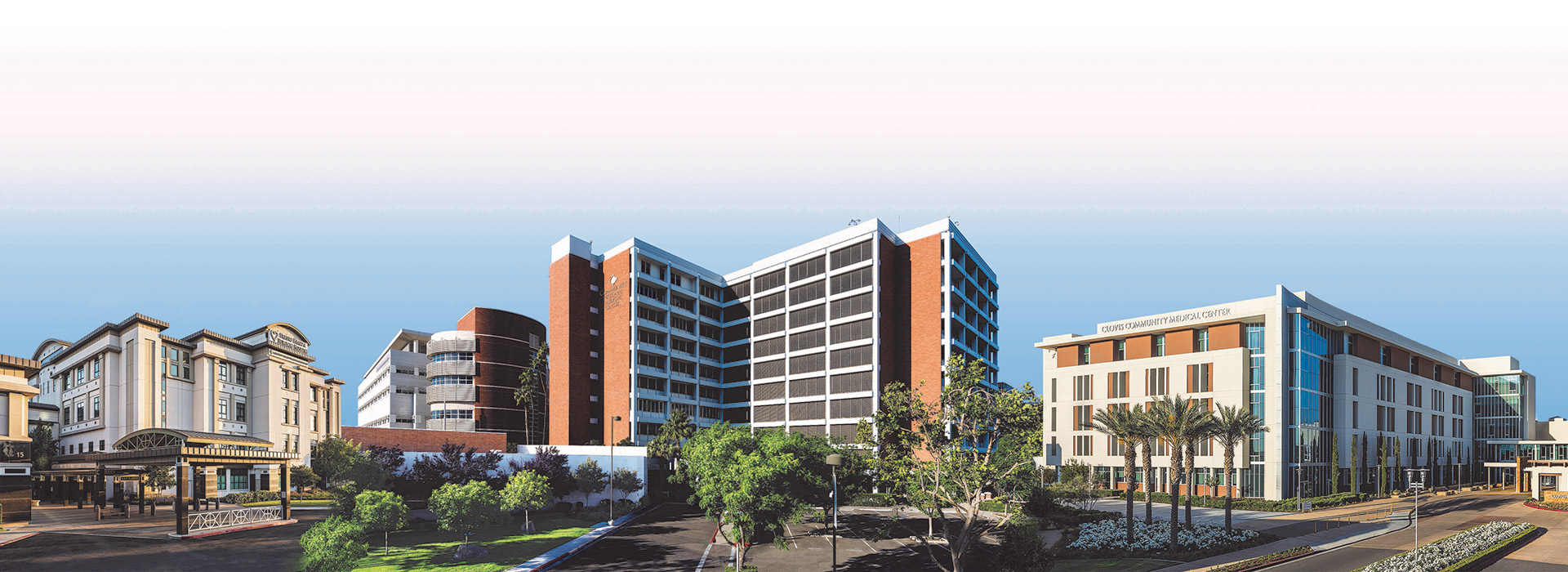After spending two winter seasons working California and Arizona fruit harvests, Rigoberto Escobedo Muñoz expects the loneliness of being away from his wife and four children in Tamaulipas, Mexico. But this winter it’s more heart-wrenching. When he headed north this time, his 9-year-old son was in the hospital undergoing cancer treatments.
After hearing his story, the other pickers offered their support with $10 and $20 bills from their pockets. But one co-worker brought him even more crucial support – an introduction to Chaplain Juan Gutiérrez. Gutiérrez promised to come later to the Delano hotel where Muñoz lives with other farmworkers.
“I’m going to meet with him, pray with him, cry with him, whatever it takes for him to know that I’m there for him,” Chaplain Gutierrez said.
It is all part of Gutierrez’ job with Valley non-profit Workforce Chaplaincy. Sarconi Fresh Harvest, a company that supplies agricultural laborers from Mexico and Guatemala on H-2A visas to California growers, contracts with Workforce Chaplaincy to provide spiritual and emotional support to the farmworkers.
Valley partnerships expand skills for local religious leaders
Gutiérrez has pastored a Lindsay church for 26 years, but the chaplain work is different, he said. This work requires deep listening and that he set aside his own religious traditions.
To learn those skills, last year Gutiérrez completed chaplain training with Clinical Pastoral Education of Central California, established and partially funded by Community Medical Centers. The Valley’s largest healthcare provider expanded its funding to the program in 2019 specifically to train people like Gutierrez to work with underserved, rural populations like farmworkers.
One in four migrant, seasonal farmworkers experiences a serious mental health episode and they are twice as likely as the general population to experience anxiety, depression and alcohol abuse
Funding for the chaplain training program is part of the community benefit outreach Community does annually as a non-profit hospital system and the Valley’s safety net healthcare provider. Last year, Community invested $174 million, about 11% of its operations budget, on such outreach, medical training, public education and unreimbursed and charity care.
Community benefit work focuses on key local health needs and challenges. Mental health and resiliency are among the top identified health needs in the region, because there’s a shortage of psychiatrists, psychologists, mental health therapists and access to mental health help.

“We’ve had five chaplains in the CPE (Clinical Pastoral Education) program, and it’s been a great opportunity for them outside of whatever religious tradition they’ve come from,” said Paul Gendron, founder and CEO of Workforce Chaplaincy and a chaplain with the Visalia Police Department. “It’s very rigorous training when it comes to the mental health side. We’re not therapists, but it trains us to be skilled listeners to help people with a variety of common things people struggle with.”
The nonprofit CPE training center, started by Community Medical Centers in collaboration with partner hospitals and faith groups, provides classroom instruction and hospital experience in Fresno, mainly at Community Regional Medical Center.
The center offers accreditation through Stanford University and aims to place a qualified, accredited spiritual counselor and chaplain in every hospital and service agency in the region. Prior to CPE’s establishment in 2012, such training was only available in the Bay Area or Los Angeles and many local hospitals made due with volunteer pastors, priests, rabbis and imams.
“Now we can do that (training) here in our own backyard,” said Gendron. “It’s a great partnership between Community Medical Centers, CPE and companies like Fresh Harvest who want to see their workers be supported and be successful here.”
Workplace chaplains provide emotional and practical support
The chaplain role in a hospital or police or fire department is clear – to support during times of crisis. This new type of workplace chaplain has an expanded role.
Ki Do Ahn, program director for CPE of Central California, explained, “They may provide spiritual care for marriage and family, premarital counseling and marriage officiating, counseling during separation, divorce, and child custody [disputes], or for parenting issues. They act as spiritual support for addiction issues, assist managers and employees with conflict management strategies, and are there during illness and injury and in times of grief.”
Ahn said often a simple weekly check in makes all the difference for these socially and geographically isolated workers. “One farmworker approached my student chaplain when he was visiting and said ‘Thank you…You are the only connection outside of the farm I have. When you come to say hello I really feel connected with you and the world out there. It’s a refreshing moment’,” Ahn recounted. “The student chaplain realized he was not just offering emotional support, but sometimes ‘Hello’ meant hope for them.”
At least once a week, Gutiérrez pokes his head into hotel rooms and knocks on apartment doors where the agricultural laborers take up temporary residence. “My goal every season is to earn their trust,” he said. “I find it really rewarding becoming friends with them and talking to them, not as someone who has a title, but as someone they can trust and who will listen to them.”
Sometimes that means answering 10 p.m. cell phone calls to pray with an ailing worker, or showing them how to open a savings account they can use to wire money home, or arranging for a temporary return to Mexico to bury a parent.
“Culture shock is the biggest thing the young men deal with,” said Gutiérrez, who often acts as a cultural liaison helping smooth interactions with local merchants. “They’re not used to getting hamburgers at a fast food stand, or using banks, or having so much money.”
Encouragement helps farmworkers manage loneliness
Enrique Obando Ramos said he’s grateful for the chaplain Fresh Harvest provides and to have made a friend in Gutiérrez. “We miss [home] so much that we need an encouraging word to advise us how to move forward. Because sometimes the missing gets very hard,” he said.
Ramos’ regular talks with the chaplain are often about what he plans to do when he returns home: “He (Gutiérrez) gives me advice to think about the future… And well, mainly, try not to waste or badly invest the money that one earns here. He says, ‘Save it and find out how you can invest for the future.’” Those talks have kept Ramos focused on his dreams of providing his children with a good education and using his earnings to open a restaurant in his home town of Tamiagua.
Muñoz struggles this season with wondering if he should’ve stayed home. He explained through a Spanish translator that he felt he had no choice: “Here I am away from my son and away from my wife who might need me, but right now I need to be here more. Here in one or two hours we earn what we get in Mexico in one day.”
In his daily Skype calls with his wife Muñoz learned after 20 days in the hospital and many rounds of chemotherapy, his son’s cancer is showing signs of receding. He’ll be discharged soon, and there will be big hospital bills to pay. He shrugged and said, “If I stayed in Mexico I would struggle more and would have to find the money.”
In California Muñoz struggles instead with loneliness and worry about the crisis he left at home. But he won’t struggle alone, promises Chaplain Gutiérrez.
Read more about how Community is working to create a healthier community on our social responsibility page. Sign up for the monthly Community@Work newsletter to stay informed.




.jpg)


